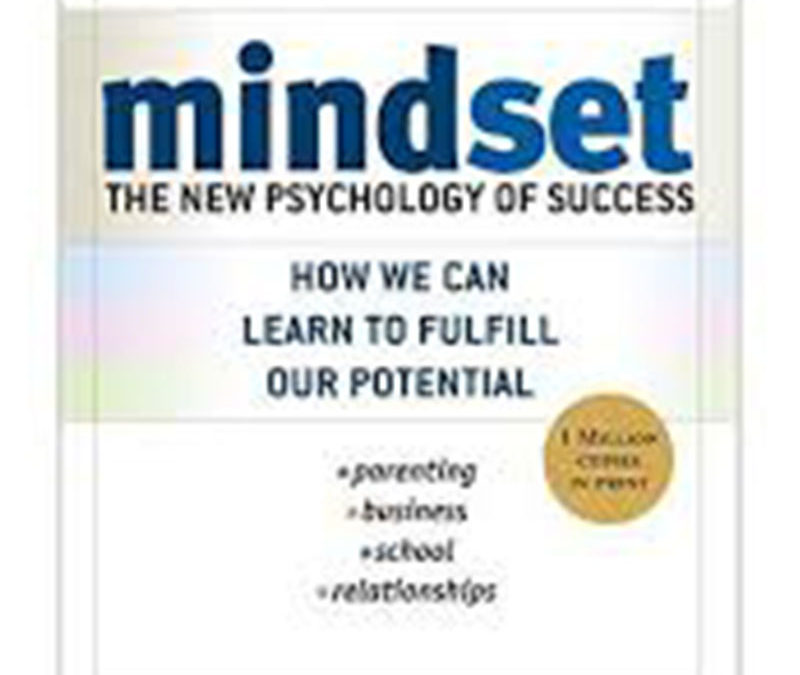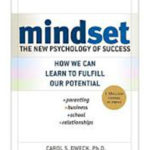Blog
Decisions should always be made using only the available facts, sound logic, and reason… right? Well, not necessarily. While facts, logic, and reason should absolutely be a part of the decision making process, it turns out there is also some science to back up the concept of intuition.
Do you struggle to allow yourself to “trust your gut?” Or maybe you don’t understand what people mean when they talk about their intuition guiding them. Many people have trouble at first when it comes to integrating their inner world with their outer circumstances. But tuning into your intuition, just like good communication, is a beneficial life skill that can be practiced and learned even if it doesn’t come naturally at first.
What is Intuition?
Let’s start by defining what intuition is, and what it isn’t. When we talk about intuition, we’re usually referring to the ability to process or understand something without having to study or contemplate it first. If you have ever met a person and immediately knew you didn’t feel safe with them, that’s intuition at work.
Physically speaking, your instincts and intuition are very similar. They both stem from a complex set of adaptive behaviors that are stimulated by your environment. In less scientific terms, many people describe their intuition as the ability to “just know” something.
For some people, this idea of “just knowing” something doesn’t really fit with their understanding of how the world works. Many people feel they need to know all the facts of a situation before they could possibly know what to do or how to act.
Intuition Can Be a Source of Wisdom
For those who hold a more logical view of the world, the idea of following your intuition can be confusing. When you primarily seek answers and understanding in facts, books, and other “outside” influences, it can be tricky to slow down and trust that the way you feel about a decision also matters.
However, learning to be more in touch with your body, emotions, and inner life is not just for that one friend who has a crystal for everything and charges water by moonlight. In fact, being able to use your knowledge and logic while honoring your intuition can bring true balance and wisdom to your life. For many people, it takes practice to tune into what your body and mind need.
Ways to Connect With Your Intuition
Many people are unsure how to go about practicing connecting to their intuition. If you’re not used to acknowledging your own needs and desires, a good place to start is by slowing down and connecting to your body.
Because intuition, or your “gut instinct,” is partially made up of subtle physical changes, being in tune with your body is a necessary first step to getting in touch with your emotions, desires, and needs. Here are a few ideas you can use to intentionally connect with yourself as you begin to seek the balance of your inner and outer worlds.
- Yoga/Stretching
You don’t have to have rubber-band flexibility to enjoy yoga. In fact, gentle yoga and light stretching are great ways to slowly ease yourself into a more intentional embodiment practice. The slow movement, focus on your breath, and honor of your body’s limits are all beneficial in learning to really slow down and listen to what your body and mind are saying.
- Journaling
Many people find great benefit from journaling, and you can approach this practice in a variety of ways. If you don’t feel comfortable writing a more free-form stream of consciousness, try a bullet point journal or gratitude journal to get you started. Putting your thoughts on paper is a proven way to sort through things when you’re not sure what to do. It also provides a host of other benefits and is worth putting some intention into.
- Meditation or Prayer
Meditation can seem a little intimidating for some people. Don’t be scared away by the idea that you must be able to sit silently without thoughts in your head in order to be successful at it. Guided meditation, walking meditation, and even meditation apps are all valid and helpful tools to use as you learn to tune in to your emotions and thoughts.
Prayer can be powerful to sit and ask God what he thinks and then listen. Sometimes you get an answer, feeling or nudge right then. Often times your prayer is answered in others ways maybe a person, a song, a statement, an invitation etc. The key is to look and listen.
- Dance
Don’t worry, I’m not suggesting heading to the nearest club and working it on the dance floor. (Although if that’s your jam, go for it!) Dancing alone in your living room to your favorite song is a dynamic way to practice getting in touch with your own body. If you’re not comfortable freestyling alone, you can look up free dance lessons for beginners and follow along as best as you can. Really focus on how it feels to move and what feels good in your body as you explore your space.
It’s Okay to Not Know the Answer
Another key element of learning to tune in and make well-balanced decisions is to remember that it’s actually okay to not know the answer every time. There are many decisions you will make throughout your life in which there really is no clear “right” answer.
For those who often rely on knowing all the facts in order to make the “correct” decision, this can be an upsetting concept to face. But this is also where your intuition can have a real chance to shine. Knowing what feels good in your body can often help make a choice that has no clear answer.
Take Your Time and Honor Your Intuition
Perhaps the most important thing to remember when learning any new skill is that things take time. Patience and grace for yourself will go a long way as you begin to practice listening to your gut. As with good communication, time and repetition will make checking in with yourself and your intuition easier and more, well… intuitive!
And remember, listening to your intuition doesn’t mean throwing logic and reason out the window. It is simply a way to bring a balance to your inner and outer world so that you can make balanced, informed decisions that feel good to you.
If you’d like to talk more about ways to make balanced decisions that honor your feelings, head to my contact page and schedule your free consultation.

Can Improving Self Confidence Help Manage Anxiety in Relationships?
Feeling anxious in your relationships, whether romantic or platonic, is a common experience for many people. While it may seem like the only solution to your anxiety is more reassurance or attention from the other person, it might actually be more productive to focus...

Becoming a Better Communicator: Tips to Use When Emotions are High
We’ve all heard the advice that good communication is key to maintaining healthy relationships. But, what makes communication good? And how can you practice good communication in tense, high-emotion situations? Especially for people who experience their feelings...

What is Imposter Syndrome, and Can Naming Your Emotions Prevent It?
“Why does everyone else seem more confident than I am?” “If I try harder to seem successful and happy, maybe I’ll start to feel like I actually am.” “I should just focus on getting to where I need to go. Once I’m there, I’m sure I won’t feel so bad all...

Setting Healthy Boundaries in Relationships: 3 Helpful Examples
You may have heard that setting healthy boundaries can help prevent burnout, protect your time and energy, and even improve your work-life balance. But what does setting healthy boundaries look like when it comes to your relationships? Learning to set...

Why Am I So Hard on Myself? How to Overcome Negative Thinking.
Here’s a situation that is often experienced with those who struggle with perfectionism. See if you can see yourself in this scenario. A mistake is made. The perfectionist says to themself, “I made a mistake I shouldn’t have made. I need to do better. I must be a...






